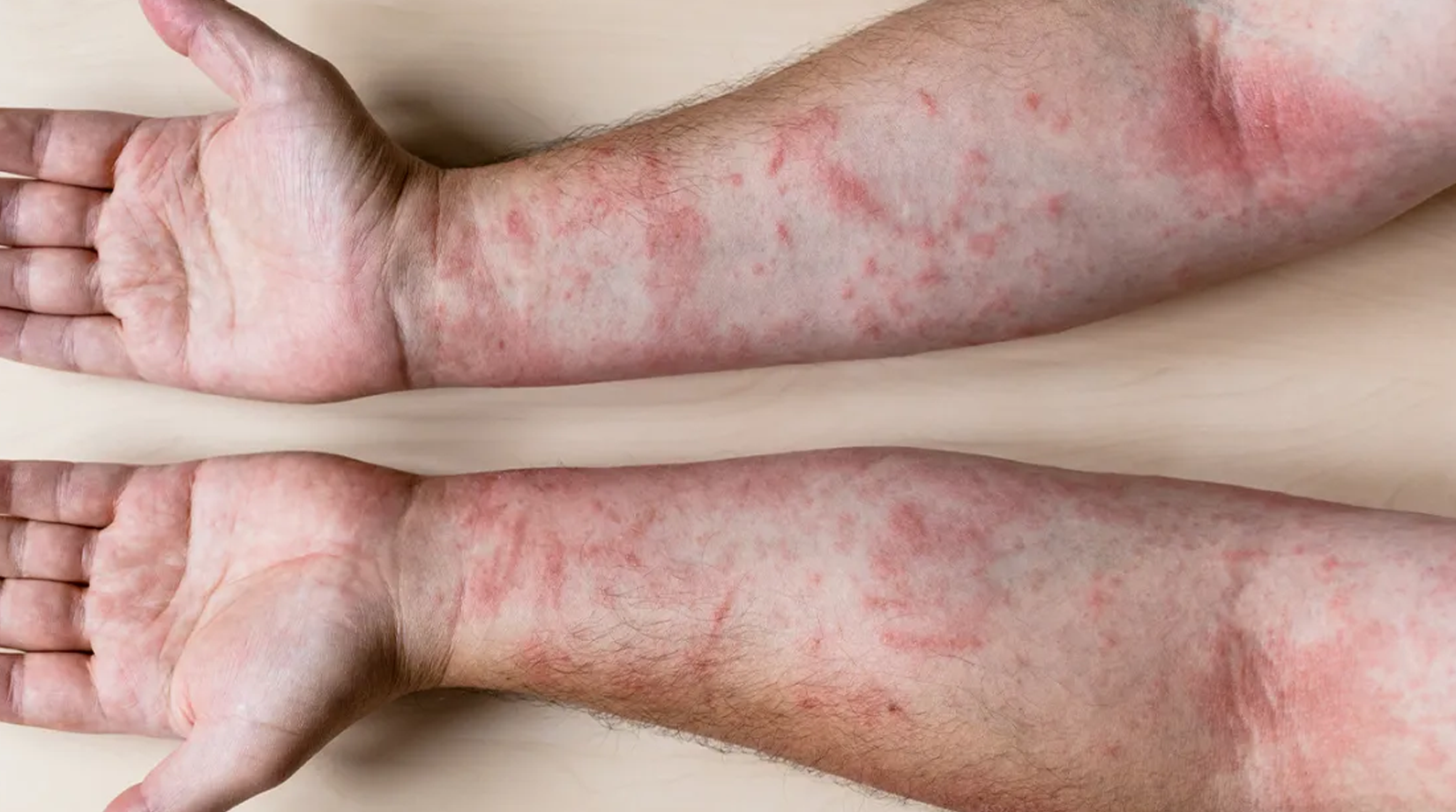
Itching, also known as pruritus, is a medical condition where the patient experiences an irritating and uncontrollable sensation where scratching relieves this feeling.
CausesThe possible causes of itching usually include internal illnesses and skin conditions.
Internal DiseasesSome of the diseases that might cause generalized itching are:
- Bile Duct Obstruction
- Cirrhosis
- Anemia
- Leukemia
- Thyroid Disease
- Lymphoma
- Kidney Failure
Some of the common skin conditions that cause itching are:
- Eczema is a type of skin allergy that usually develops in early childhood and is more common in patients with a family history. Eczema patients usually have rashes that typically appear on the arms and behind the knees, but can also appear anywhere. Treatment includes avoiding soap and other irritants and some creams or ointments can provide relief.
- Dry skin is an uncomfortable condition usually marked by scaling, itching, and cracking. Exposure to dry weather conditions, hot water, and certain chemicals can cause the skin to dry out.
- Hives is a common skin rash that can be triggered by certain foods, medication, and stress. Hives usually display symptoms like itchy, raised, red or skin-coloured welts on the skin's surface. They usually go away on their own without any treatment, but antihistamine medication is often helpful in improving the symptoms.
- Contact Dermatitis is usually caused by substances, like soap, cosmetics, fragrances, jewellery and poison ivy, which can irritate the skin or even trigger an allergic reaction. Patients usually experience a red rash where the irritant comes into contact with the skin. Creams or medication can help reduce itching.
- Food allergy is caused by a reaction to a food allergen leaving behind a skin reaction like hives.
- Insect Bites can cause mild stinging or itching, while some bites can trigger a life-threatening allergic reaction that requires emergency care. Breathing difficulty, facial swelling, dizziness, confusion, and hives are some of the symptoms of such a reaction. Most bites go away on their own. Common treatments are for symptom relief and include pain relievers, ice packs and soothing lotions.
- Fungal infection is usually confined to the skin, but it can spread to bones and organs and even the whole body. Symptoms depend on the area affected and can include skin rash. Treatments include antifungal medication.
- Psoriasis is an immune system problem where triggers include infections, stress, and cold. A rash on the skin is its common symptom but sometimes the rash appears on the nails or joints. Treatment is usually done to remove the scales and stop skin cells from growing so quickly. Some of the treatment options that offer relief are topical ointments, light therapy, and medication.
- Chickenpox symptoms include an itchy, blister-like rash on the skin. It can be prevented by a vaccine.
- Bathing should be limited to short, cool showers.
- Applying a cool, wet compress to the affected area
- Apply a mild moisturizing cream immediately after bathing.
- Humidify your home to least 40 percent, especially during dry, cold months.
- Avoid contact with wool, fiberglass, detergents, or other topical irritants.
- Do not scratch.


